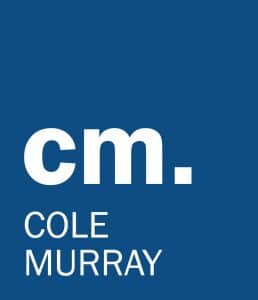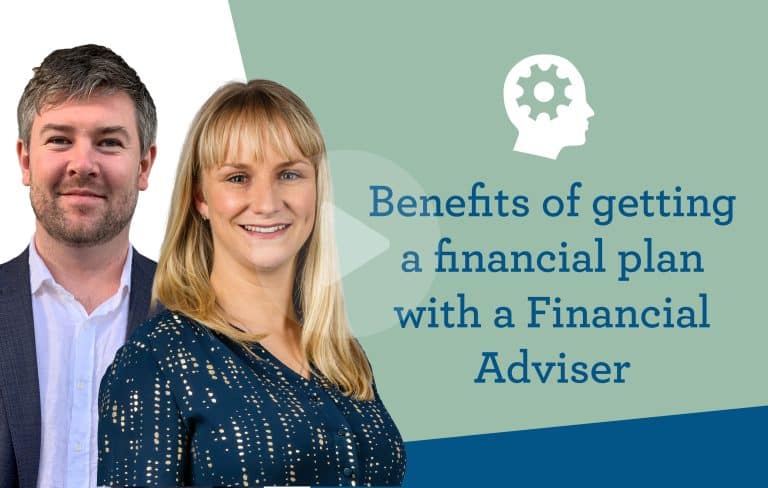New Year’s Eve – traditionally a time to make your resolutions for the following year. If you want to make a resolution to manage your money better and boost your savings, check out our tips to help make sticking to that resolution easier.
Make a budget
Even if you sometimes blow it, having a budget is your first step in thinking about where your money goes. By being aware of this, you can start to make better choices in actively managing your money, rather than just frittering it away.
Having a budget will help you allocate more money to savings or perhaps pay off debt, rather than funding the local coffee shop instead of your own retirement.
And if you’ve already got a budget, it could be time to review it to make sure it’s still on point?
Have you paid off debt in the last 12 months?
Once a debt has been repaid, it can be easy for those repayments to get sucked into your regular disposable income. However, as you are used to not having the money that was going into those repayments, consider how you can use that money more effectively.
If you still have debt (including a mortgage), why not use the extra money you now have to pay off another debt more quickly? This will see you become debt-free sooner, and save hundreds or even thousands of dollars in interest, which you can use to boost your own savings account.
Did you get an increase in income in the last 12 months?
Like paying off debt, additional income can easily become part of your disposable income, rather than being put to better use. If you can already meet your commitments on your current income, consider putting the extra income into your savings or retirement plans, to help boost your balance and your returns.
Set goals, rather than New Year’s resolutions
Think about what you want to achieve financially over the next twelve months. Maybe you want to pay off debt, so you can increase your savings for your first-home deposit, or get clear of the mortgage sooner. While you are setting some financial goals, do think about your retirement – remember every New Year is a step closer to it.
Don’t keep putting it off because you think you don’t have the money to put away or think that the small amount you can put away won’t be worth it. Budgeting and setting goals work hand in hand – and even saving small amounts will help you progress to your financial goals. Here are some handy tips for ways to make your financial goals stick.
Be realistic – Promising to be better isn’t always enough. If you want to change the way your finances perform, setting some realistic resolutions might help. The first step towards change is to define what you’re going to do differently.
Take small steps – If you’re planning to save more money this year, it can be a good idea to take it one month at a time. Start by structuring your goals in small steps – and try not to let obstacles distract you from your goal for any longer than necessary.
Create some new habits and give them time – As the old saying goes, “good things come to those who wait.” Also, research found that (on average) it takes 66 days to break a habit. While making a change is unlikely to happen overnight, staying focused on your goal and giving yourself time to form a habit can be a good way to make your resolutions stick.
Keep track of your progress – As you move towards your target, it will become important to remember how far you’ve come – especially if you still have a long way to go. Keep track of your ‘wins’ and check in regularly: it’s amazing how much you can achieve over time when you focus.
Reward yourself – Keep yourself on task by creating milestones based on reaching your targets or how long you’ve stuck to your financial plan. Small rewards needn’t break the bank, but they will give you something to work towards and an opportunity to celebrate how well you’re doing.
Make it easy – We mentioned, the easiest resolutions to stick to are the ones that are the most realistic. If you’ve never saved before, for example, remember that every dollar counts, and keep aiming for the target.
Be flexible – A setback doesn’t mean you should throw in the towel. As a matter of fact, you can learn important lessons from it. Plus, being flexible in your resolutions can help you soften the blow. You’ll be able to adapt and carry on.
Get rid of the Christmas hangover
Start saving now for next Christmas, so Christmas doesn’t set you back on your financial goals. Christmas can be an expensive time of year, with the cost of gifts, decorations, extra food and often travel to see family members all adding up (check out 6 ways to save money at Christmas here). By planning ahead and budgeting for the expected cost, you can avoid putting the costs of Christmas on to your credit card, starting the New Year on track with your money, and not having to find extra cash to pay off an additional debt.
Talk to us about getting your plan happening
Our financial planning team would love to hear from you and discuss your options – we’ve got loads of practical advice, and can help you discover options you might not have known were available to you.




